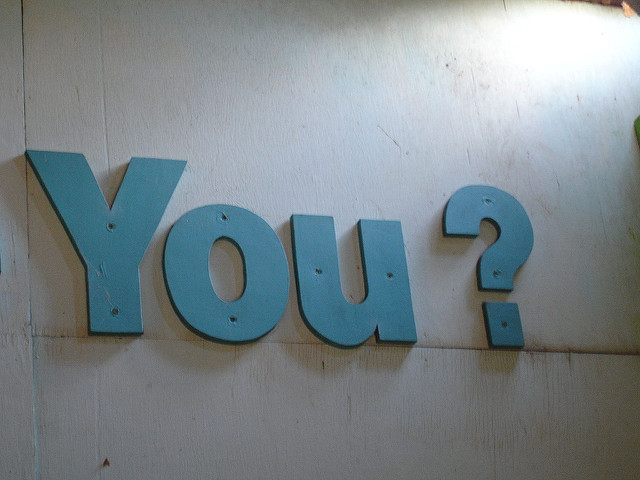
How to Be Your True Self When Your True Colors Want to Come Out Instead
So often we hide behind a façade, afraid that if we show our true selves, people won't like us. This can be a big deal for writers. We're a unique breed. We have wild imaginations, and we ponder ways to spin events into complex tales. And if people only knew the weird thoughts that run through our minds every day, they'd run the other way. Wouldn't they?
It's our wild imaginations that make us great storytellers. And it takes a little quirkiness sometimes to write interesting stories. Attempting to be "normal" could be detrimental to our writing ability.
But it isn't just our writing ability that depends on our true selves.
Before I go on, let me clarify something. When I say "true selves," I'm not talking about "true colors." I'm not talking about our tendencies toward sarcasm, negativity, judgments, or narcissism. It's my belief that those traits are merely an attempt at self-preservation; they're not part of what our true selves are supposed to be.
What I really mean when I say "true selves" is "the people God designed us to be." God didn't design us to be sarcastic or negative. When we show our true colors, as the saying goes—which usually has a negative connotation—, we're not really showing our true selves because our true selves are supposed to follow after God. If we're not following after God, the only thing we have left is self-preservation.
So, when we let our true selves come out, when we stop trying to be "normal" and just be the people God designed us to be, that's when we start allowing others to see who we truly are.
If we're following God's word and the path he has for us, trying to hide our true selves does a disservice to our readers and those around us. People need to like us for who we are, not for who we would pretend to be. They need to like us, quirks and all. Not everyone will like us, and we may inadvertently turn people away. But that's ok. Because it's better for people to like us for who we truly are than for people we're not.
- It’s been a long time… - February 10, 2024
- Realizations About Tracking Progress - May 28, 2020
- Goal Setting & Productivity 101 - May 25, 2020
